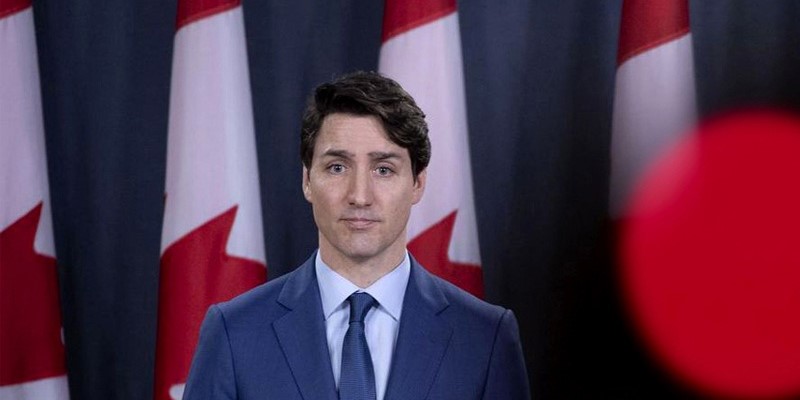Federal government not being honest about true cost of national pharmacare

According to an announcement last week by the Trudeau government (after reaching a deal with the federal NDP), government will now pay for diabetes medications (e.g. insulin) and prescription contraceptives at an estimated cost of $1 billion annually (at a time when federal finances are already deep in the red).
This is the Trudeau government’s latest step towards a national pharmacare program meant to reduce drug costs and provide access to medicines for Canadians who are currently without prescription drug coverage. But crucially, the Trudeau government has yet to explain to Canadians the true cost of its national pharmacare plan.
Previous estimates from the Parliamentary Budget Officer (PBO) and the Hoskins Report suggest a fully universal single-payer (that is, paid by government) pharmacare program could cost between $13.4 billion and $15.3 billion in 2027/28. However, these estimates assume an immediate and significant reduction in negotiated drug prices, which is unlikely to occur, so according to economist Jack Mintz, the actual annual cost could be much higher at $32.7 billion or beyond.
Regardless, with the federal deficit currently projected at $38 billion in 2024 before accounting for any money for diabetes medications and contraceptives, the government will likely need to borrow to finance any new spending and add more debt, which will result in higher taxes in the future. And yet, because the government plans to borrow money to pay for the new program, pharmacare is being presented to Canadians as if there’s no direct cost to them.
But of course, cost is a major consideration. And according to a 2022 Leger poll, a universal national program covering prescription drugs is not popular when Canadians are asked to pay for the program. Indeed, support drops from 79 per cent to 40 per cent when national pharmacare is linked to tax hikes.
Another poll in 2020 by the Angus Reid Institute had similar findings. The vast majority of Canadians (86 per cent) supported a national prescription drug program—when there was no direct cost attached. When asked if they would still support the same program if it resulted in a one-percentage point increase in the middle-class personal income tax rate, support dropped to 47 per cent.
Finally, it’s unclear whether national pharmacare will actually achieve its objectives. Two-thirds of Canadians already have private coverage for most drugs, and provincial plans help low-income Canadians pay for prescription medications. Because these drug plans already cover many Canadians, a single-payer national plan would simply shift the cost from private and/or provincial plans to the federal government for the majority of Canadians already insured. This will produce an expensive bill for taxpayers.
The Trudeau government has not clearly communicated the true costs of national pharmacare to Canadians, but the evidence suggests many Canadians don’t support the program when the costs become clear.
Authors:
Subscribe to the Fraser Institute
Get the latest news from the Fraser Institute on the latest research studies, news and events.


